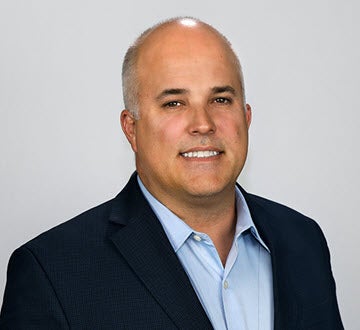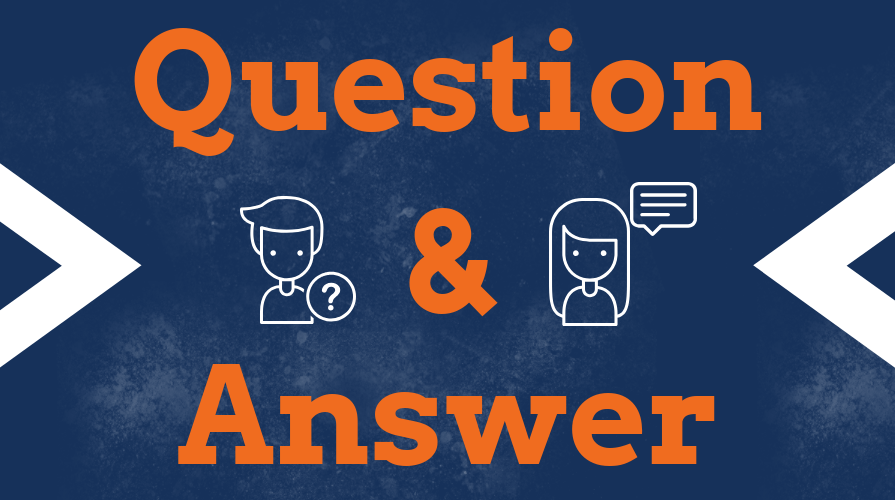5 Things Districts Need to Know about Section 125 (Cafeteria) Plans
You probably already know that cafeteria plans don’t have anything to do with what’s for lunch. Beyond that, you may not know much about this type of plan (also known as a Section 125 plan) and how it can benefit you and your employees. We’ve answered five questions districts often ask when exploring this option.
1. What Is a Section 125 (Cafeteria) Plan?
Section 125 of the Internal Revenue Code allows employees to purchase certain insurance pre-tax. This is called a cafeteria plan because it works like a cafeteria lunchroom—you get to pick and choose which benefits you want.
These plans are appealing to employees not only because of the benefits offered, but also because it can potentially reduce their taxable income. Employers see the advantage of cafeteria plans because it offers value to their employees and adds to employee retention.
Districts offering these benefits must have a written cafeteria plan document, and it’s best to revisit and update it regularly.
2. Who Is Eligible for Section 125 and How Do They Enroll?
Only district employees can participate in the Section 125 plan. Spouses and dependents are not eligible, although they can usually be added to coverages and/or listed as beneficiaries.
Districts are allowed to establish eligibility terms like minimum hours worked and waiting periods. Check with your tax advisor for specific details.
Employees enroll in Section 125 plans during the district’s regular open enrollment or during a life event such as marriage, birth/adoption, divorce, etc.
3. What Benefits Can Be Offered in a Cafeteria Plan?
- Health
- Dental
- Vision
- Accidental death and dismemberment
- Short- and long-term disability
- Group term life insurance
- Flexible spending accounts (FSA)
- Health savings accounts (HSA)
- Pre-tax retirement plans (e.g. 403(b) or 457 plans)
4. Can Employees Make Mid-Year Changes to These Benefits?
Yes, employees can make changes to their cafeteria plan benefits during the year, but only under certain circumstances, according to the Internal Revenue Code.
If you have elected to have your premiums deducted pre-tax, mid-year election changes are regulated by federal law. The Internal Revenue Service (IRS) Code Section 125 contains provisions defining “qualifying events” which allow mid-year changes to your medical, dental, vision, life, health and/or dependent care flexible spending account plan elections.
With the exception of deleting dependents or coverage termination, change in status events use the same eligibility criteria to determine election changes whether premiums are paid on a pre-tax or after-tax basis.
Common Mid-Year Qualifying Events
The following list represents examples of common IRS mid-year qualifying events:
- Change in legal marital status, domestic partnership or civil union status
- Change in the number of eligible dependents of the employee or dependents of the domestic partner or civil union partner
- Gain Dependent—birth, adoption, placement for adoption, etc.
- Loss of Dependent—dies or reaches age 26 (for medical) unless disabled as defined under the eligibility section
- Change in employee’s, spouse’s, domestic partner’s, civil union partner’s or dependent’s employment status (commencement or termination of employment, strike or lock-out, unpaid leave, etc.)
- Gain/lose entitlement to Medicare or Medicaid (60 days)
- A change in residence of the employee, spouse, domestic partner, civil union partner or eligible dependent, which affects eligibility for coverage
- Judgment, decree, or Qualified Medical Child Support order for health coverage of an eligible child
- Significant change in health coverage of an eligible child
- Significant change in coverage or cost of dependent’s plan
5. Who Manages the Section 125 Plan?
The district is ultimately responsible for creating and maintaining the plan, and for the costs associated with this. However, most insurance agencies, consultants, or third-party administrators should be able assist you with details and ongoing compliance.
The TASB Benefits Cooperative is a member-governed benefits provider tailored to meet the benefits administration needs of Texas public schools. Learn more about the Benefits Coop.

Trent Toon
Trent Toon has been with First Public since 2005 and serves as the director of insurance and employee benefits services.
With decades of experience in financial services, he brings extensive knowledge of the marketplace and products to his role. Previously, he worked at Wells Fargo Investments, NFP Securities Trading Desk, and First Global Fixed Income Trading Desk.
He graduated from Baylor University with a bachelor’s degree in Business Administration in Finance. He currently holds his Series 6 (Investment Contract and Variable Contract Representative), Series 7 (General Securities Representative), Series 63 (State Securities Agent), Series 24 (General Securities Principal), Series 51 (Municipal Fund Securities Limited Principal), Series 52 (Municipal Securities Representative), and General Health and Life Insurance License.
HR Services

Subscribe to HRX
Stay up to date with all the latest HR news and trends by joining the HRX mailing list!





